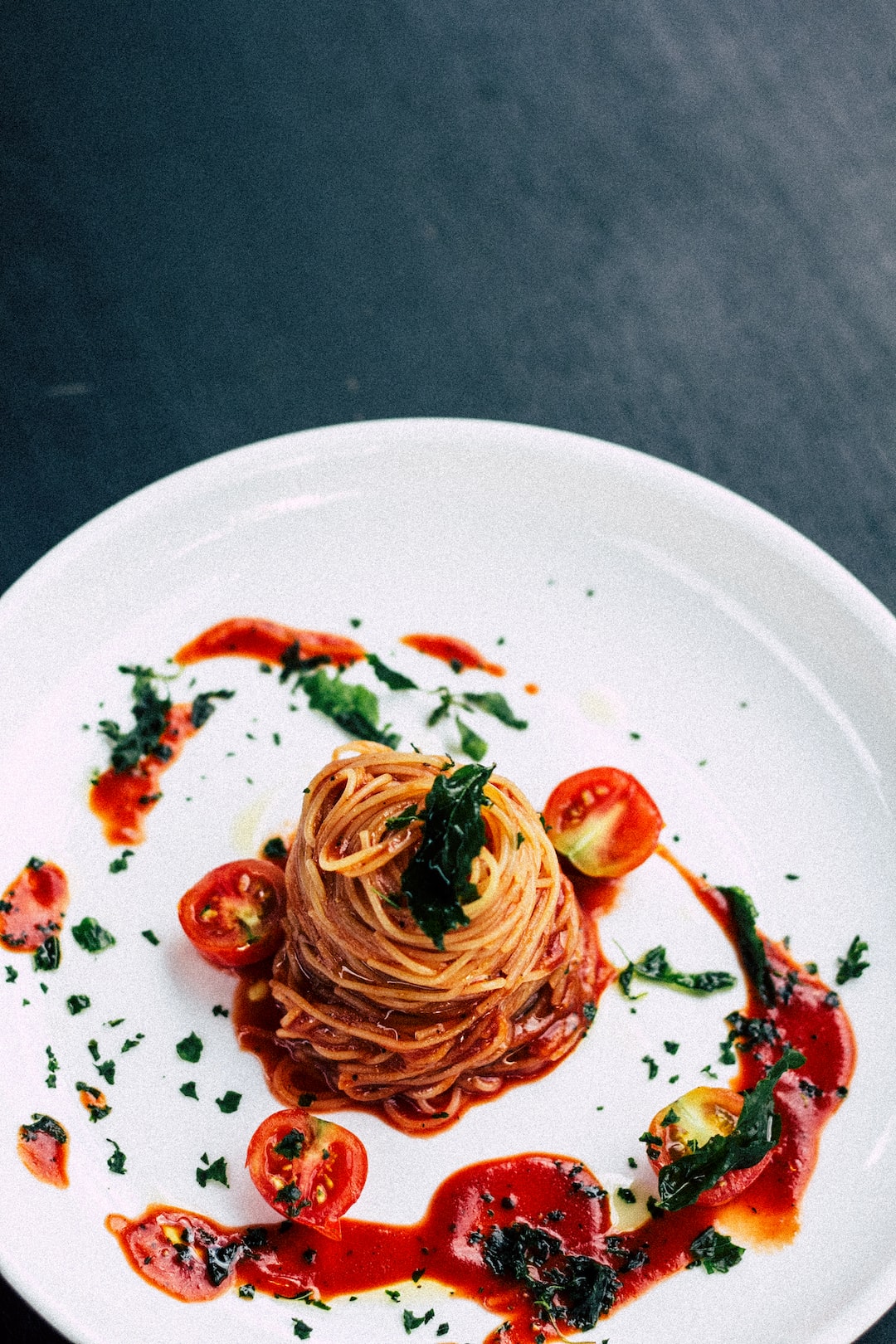The Power of Spices: Enhancing Flavor and Health Benefits in Your Cooking
Spices have been an integral part of human history for thousands of years. In ancient times, spices were traded as valuable commodities and used to preserve food, enhance flavor, and even as currency. Today, spices continue to play a crucial role in our lives, not only for adding that extra kick to our culinary creations but also for their numerous health benefits. Let’s explore the power of spices and how they can elevate both the taste and the nutritional value of your cooking.
One of the most significant advantages of using spices in your cooking is the incredible depth of flavor they provide. No longer are you limited to the basic combination of salt and pepper to season your dishes; spices offer a whole world of tastes and aromas to explore. From the warm and comforting flavors of cinnamon and nutmeg to the fiery heat of cayenne and chili pepper, spices can transform a bland meal into a sensory delight.
Apart from enhancing taste, spices also offer various health benefits. Many spices are rich in antioxidants, which are compounds that help protect our bodies against damage from free radicals. For example, turmeric, a staple spice in Indian cuisine, contains a powerful antioxidant called curcumin. Studies suggest that curcumin has anti-inflammatory properties and may help reduce the risk of chronic diseases like heart disease, cancer, and arthritis. By incorporating turmeric into your cooking, you not only add a vibrant yellow color to your dishes but also boost their nutritional value.
Another spice packed with health benefits is ginger. Ginger has long been used as a natural remedy for many ailments, including nausea, indigestion, and inflammation. It is also known for its immune-boosting properties and may help lower cholesterol levels. Whether grated into a stir-fry, brewed into a tea, or added to baked goods, ginger adds a delightful zing to your dishes while providing a healthy dose of its medicinal properties.
Cinnamon, a versatile spice commonly associated with sweet dishes, is more than just a delightful flavor enhancer. It has been found to help regulate blood sugar levels, making it particularly beneficial for individuals with diabetes. Additionally, cinnamon has been linked to improved heart health and may even possess anti-cancer properties. Sprinkle a pinch of cinnamon into your morning oatmeal or swirl some in your coffee for a warm and comforting start to your day.
Spices like cumin and coriander, commonly used in Mexican and Indian cuisines, also offer a range of health benefits. Cumin seeds are an excellent source of iron and may aid in digestion. Coriander, on the other hand, is a good source of vitamins A, C, and K, and has been shown to have anti-inflammatory and cholesterol-lowering effects. Incorporating these spices into your cooking not only adds depth of flavor but also boosts the nutritional value of your meals.
While it’s easy to sprinkle a dash of spice here and there, it’s essential to store your spices properly to maintain their potency. Spices should be stored in airtight containers away from light, heat, and moisture. Whole spices tend to retain their flavor longer than ground spices, so consider investing in a quality spice grinder or mortar and pestle to grind your spices fresh when needed.
In conclusion, the power of spices extends far beyond their ability to enhance the flavor of our dishes. These humble ingredients provide us with a wide array of health benefits, from boosting our immune system to reducing the risk of chronic diseases. By incorporating spices like turmeric, ginger, cinnamon, cumin, and coriander into our cooking, we can create not only delicious meals but also nourishing ones. So, why settle for bland when you can indulge in the exciting flavors and health benefits that spices bring to the table? Experiment with different spice combinations, explore new recipes, and unlock a world of taste and wellness in your own kitchen.
